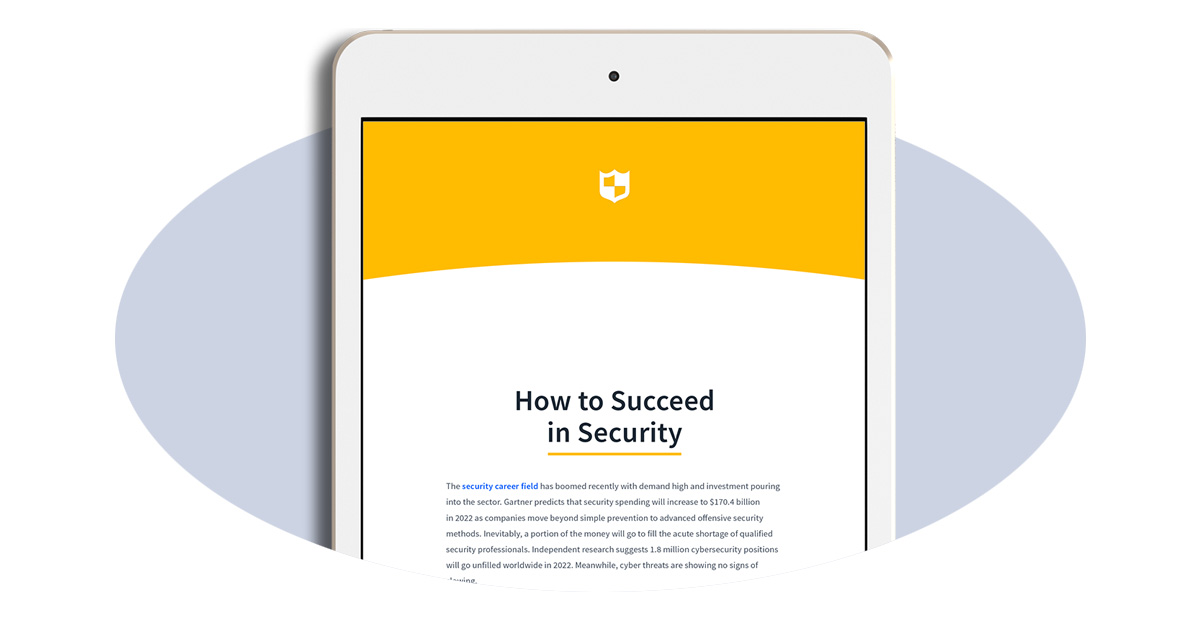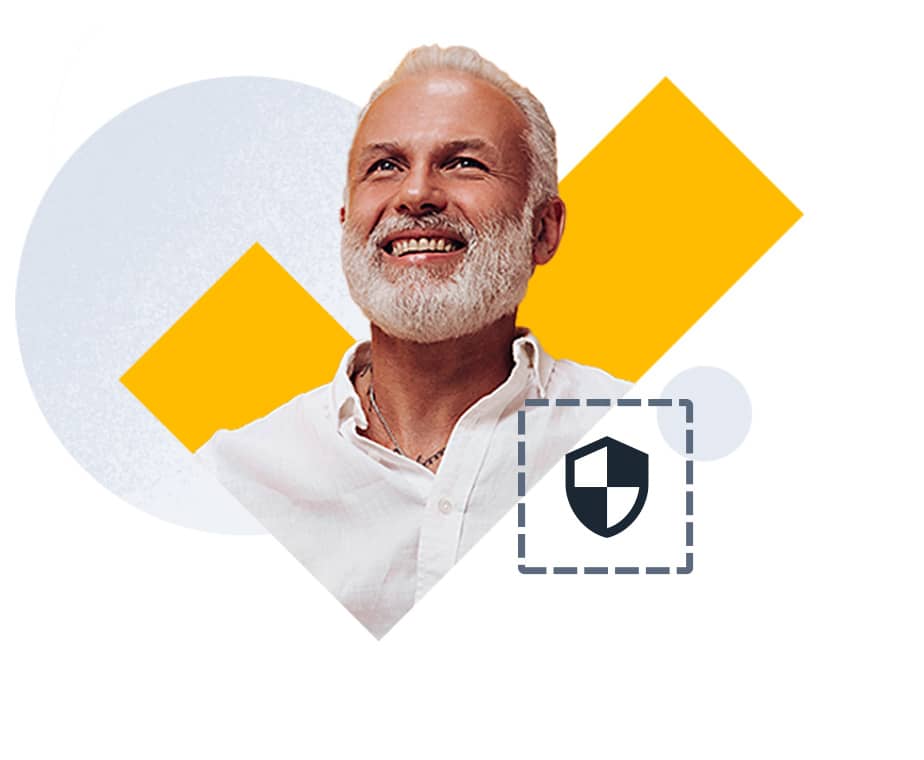Cybersecurity Training for Real-World Security Pros
Take control of your career with cybersecurity training that builds real, job-ready skills. These cybersecurity online courses can help you prepare for certifications from CompTIA Security+ to CISSP and CISM, while also strengthening your ethical hacking, penetration testing, and network defense abilities. No matter where you are in your infosec journey, you can keep moving your career forward with expert-led cybersecurity training.









